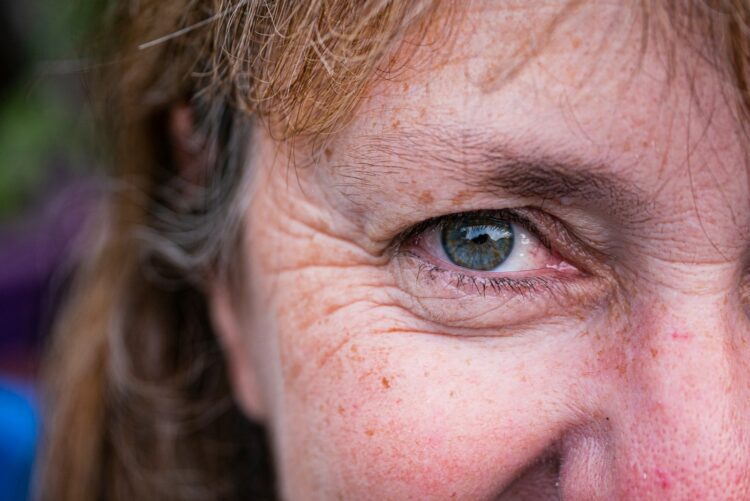
Aging is a natural process, but sometimes the body shows signs earlier than expected. You may still feel young at heart, while your body quietly tells a different story. These changes aren’t just about wrinkles or gray hair; they’re often small warnings of stress, poor habits, or neglected health. Paying attention early makes it easier to protect yourself.
You Heal More Slowly
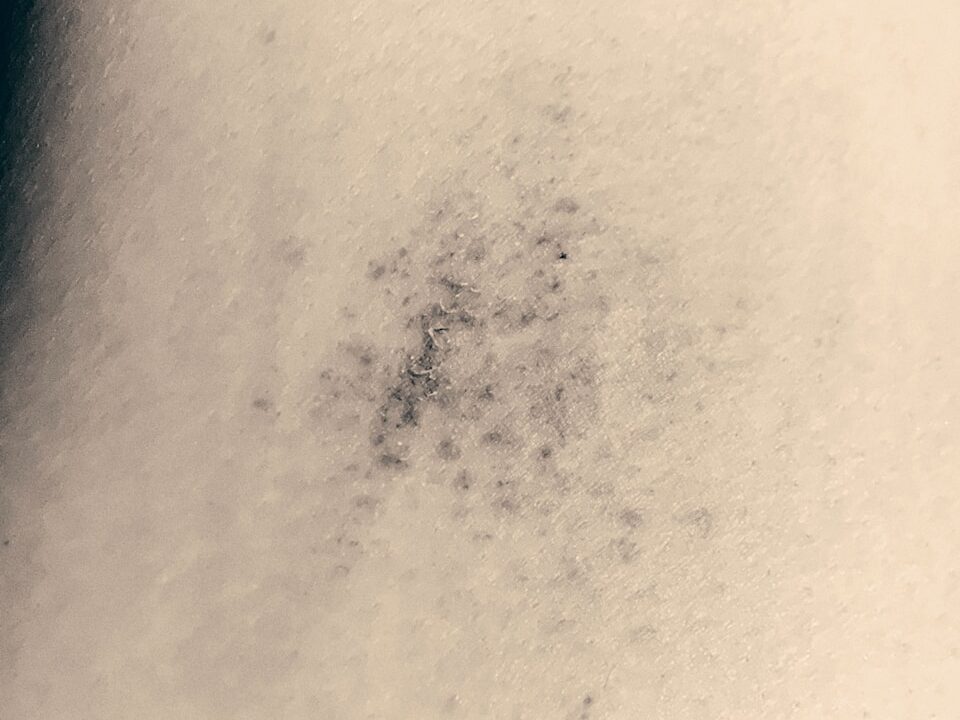
Cuts, scrapes, or bruises that used to disappear in days now linger. When the body’s repair system slows, it’s often linked to issues with circulation or the immune system. A small wound taking weeks instead of days is worth noticing. Sluggish healing doesn’t mean you’re old, but it can mean your body is struggling to bounce back the way it used to.
You’re Constantly Tired

Everyone feels drained after a long week, but if fatigue follows you no matter how much you rest, it’s a sign your body is running low. Muscles and organs tend to lose efficiency with age, but early fatigue can also indicate stress, poor nutrition, or weakened stamina. Energy should return after rest; if it doesn’t, your body might be aging quicker than it should.
Your Skin Loses Its Glow

Healthy skin repairs itself, but when it looks dull or sags faster, that’s often more than cosmetic. Reduced collagen, sun damage, or dehydration speeds up visible aging. It’s not just about looking older; skin health reflects the state of your body overall. When your skin loses elasticity early, it can be a warning that your lifestyle or habits need attention.
You Forget More Than Usual
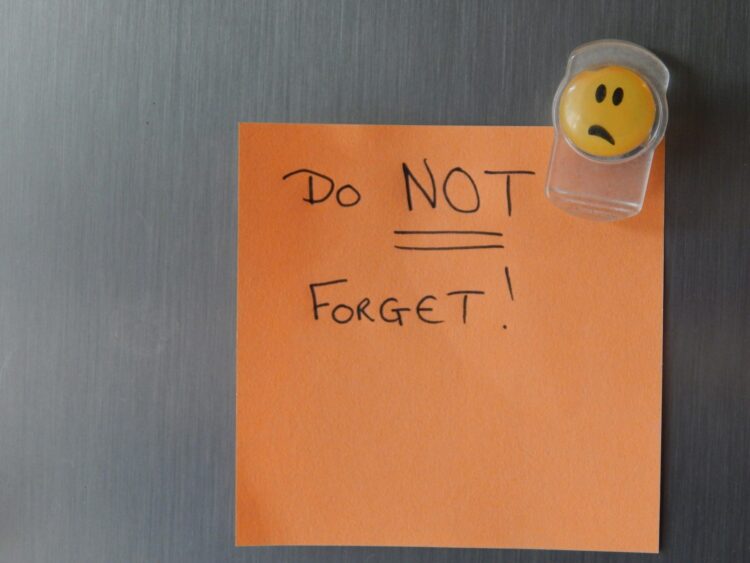
Occasional forgetfulness is normal, but frequent lapses, like misplacing items daily or losing track mid-sentence, aren’t. Memory changes are tied to stress, poor sleep, or early cognitive decline. When your brain feels older than your age, it’s worth taking seriously. Mental sharpness should last, but if you’re forgetting too often, it’s a sign your body and mind are under strain.
Your Joints Feel Stiff

Waking up stiff or feeling sore after simple tasks can point to accelerated wear. While occasional aches are normal, if you have constant stiffness, then it suggests cartilage or muscle support is fading faster than expected. It’s not just about age; inactivity, weight, and diet speed this up, too. Joints should carry you comfortably. If they don’t, your body may be aging harder than your years, and you should do something about it.
Your Hair Thins Rapidly

Gray hairs are expected, but thinning or brittle hair at a young age can be a red flag. Hair health depends on hormones and nutrition. When it declines too early, it signals deeper changes happening in your body. Rapid thinning doesn’t just affect appearance; it often points to stress or underlying imbalances that push the body toward faster aging.
Your Vision Declines Early
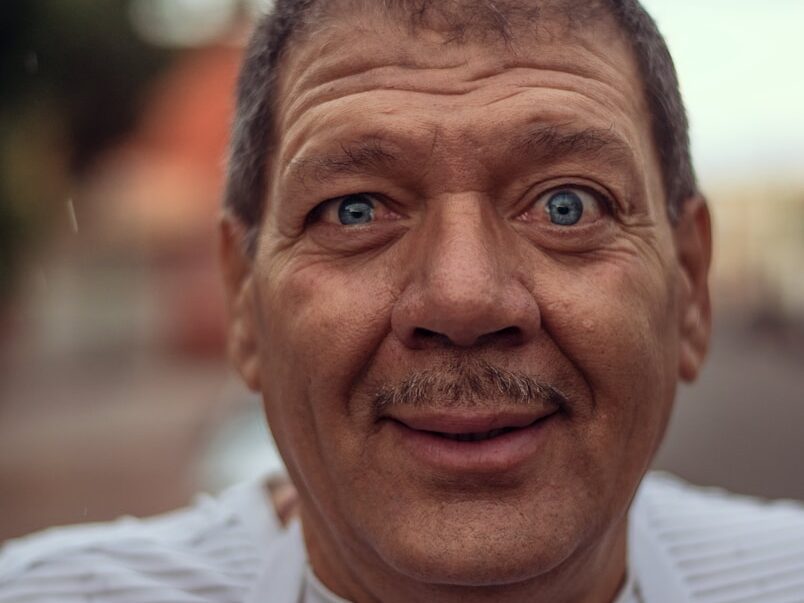
Needing glasses eventually is common, but if you’re squinting often in your thirties or forties, your eyes may be aging faster than they should. Vision changes are tied to strain, diet, or conditions like diabetes. Early decline isn’t only about eyesight; it reflects how well your body maintains delicate systems. Eyes are windows to health, and a fast decline suggests more is going on beneath the surface.
Your Muscles Shrink

If you notice less strength even without changing your routine, muscle loss may be happening early. Known as sarcopenia, it usually develops later in life. But poor diet, inactivity, and stress speed it up. Shrinking muscles affect balance, energy, and metabolism. It’s not just about looking weaker — it’s a warning that your body is burning through reserves faster than expected.
Your Weight Changes Suddenly

Rapid weight gain or loss without a clear reason is often a red flag. Slow metabolism, hormone shifts, or even early organ strain can make your body store or shed weight unpredictably. Aging usually makes metabolism slower, but when the changes feel sudden, it’s a sign your system is under more pressure than it should be at your age.
You’re Short of Breath

Climbing a single flight of stairs or walking a few blocks shouldn’t leave you winded if you’re still young. Early breathlessness may mean your lungs are aging quicker than the rest of you. It’s not just fitness — it’s about endurance and organ health. When simple exertion feels harder than it should, your body might be signaling early decline.
You Can’t Sleep Soundly

Tossing and turning isn’t always just stress. As the body ages, natural sleep cycles can shift, but when insomnia hits too soon, it weakens repair systems. Poor sleep speeds aging more than almost anything else. If you wake up unrefreshed or spend hours trying to fall asleep, your body isn’t restoring itself properly — a fast track to feeling older before your time.
You’re More Sensitive to Cold
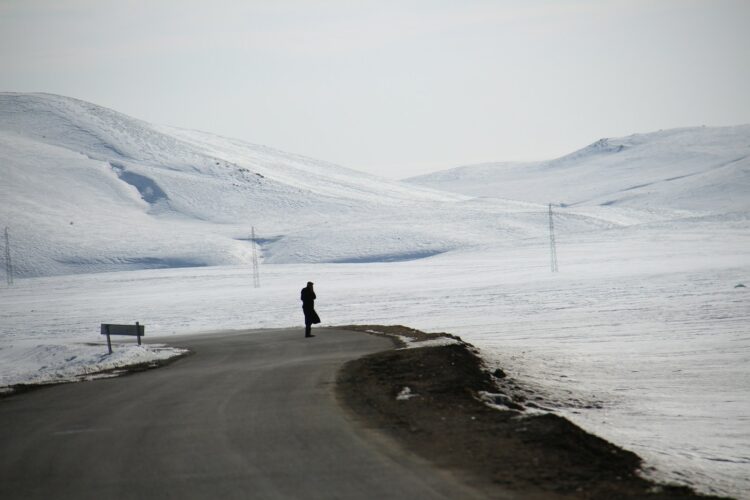
If you’re always reaching for an extra sweater when others aren’t, it might be your body slowing down. Metabolism and circulation play big roles in keeping you warm. When those systems weaken early, it leaves you feeling chilled. It’s not just comfort — it’s a sign that your energy output is dropping and your body isn’t regulating temperature as well as it should.
Your Teeth and Gums Decline

Dental health often reflects the body’s age more than people think. If you notice gum recession, loose teeth, or constantcavities, it’s not just poor hygiene. Bone density and immune strength show up in oral health. Early decline here signals your body is aging faster overall. Healthy gums and strong teeth should last decades, but when they don’t, it’s a warning.
Your Libido Drops Suddenly

Sexual health depends on hormones, energy, and circulation. A sudden decline in interest or performance can be one of the first hints that your body is under strain. While stress and lifestyle matter, ongoing issues often reflect premature aging inside. It’s not about vanity; libido ties closely to overall vitality. When it fades quickly, it’s worth paying attention.
Your Recovery Takes Longer

A late night, a heavy workout, or even a minor cold used to pass quickly. Now, it drags on. That slower recovery is a common sign your body is aging faster than your years suggest. Resilience should last well into midlife, but when every setback feels like a marathon, your body is struggling to restore itself. It’s a clear sign to reassess your habits.

